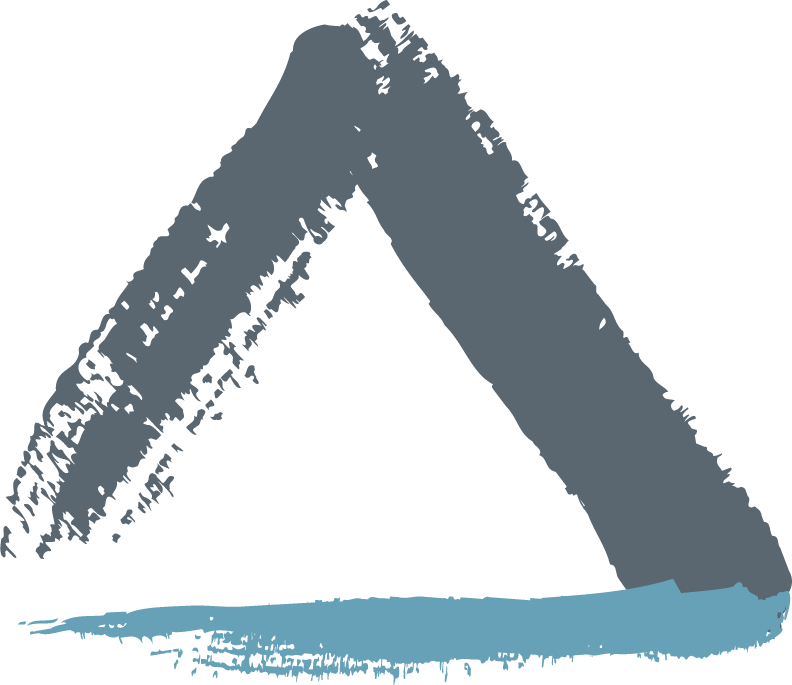Make Things Better
“The best way to contribute to a community… isn’t by complaining. It’s by making things better.”
It’s hard to go a day without hearing or reading about how bad it is “out there” right now.
Small talk and lunch break conversations drift towards the world’s tragic state like a log floating down the Mississippi. Most of us jump in and participate, either victims of the negative news cycles or of social courtesies which tell us it’s easier to just agree and keep the conversation going, lest we risk making the other party uncomfortable.
But what if our participation in the doom-and-gloom rhetoric is part of the problem? What if we’re each perpetuating the very conditions from which we’re exhausted?
Numerous studies, research, and articles support the existence of negativity bias in humans: a tendency to more readily notice negative events, remember them more vividly, and then dwell on them. Our negativity bias paired with social norms that teach us to be “polite” (aka: nod along, keep the conversation going) set the perfect scene for these doom-and-gloom spiraling conversations, then.
It makes sense. It’s largely a “normal” thing to do.
But its logic and normalcy don’t make the case for its necessity or benefit.
Who is it benefitting when we ramble on about the things we disagree with or find unpleasing in the world? What good is it doing to pour gasoline on the fire of pessimism and cynicism, already so flammable to begin with?
Our egos will defend ourselves by bringing up our agency: Well what power do I have over that thing? There’s nothing I can do that will make a difference in that issue.
And while it may be true that none of us can personally attend to the myriad of things troubling us “out there” in the world, it’s also true that all of us can very realistically, very immediately tend to the myriad of things troubling us “in here.”
We’re probably not going to change the world order or influence any groundbreaking legislation.
We’re definitely not going to do it by just complaining about it.
But we might can make a tiny dent in our corner of the world by simply changing the way we show up: the way we talk, the things we share, what we read, how we participate (or don’t) in water cooler talk.
This is our agency. This is the power we have.

